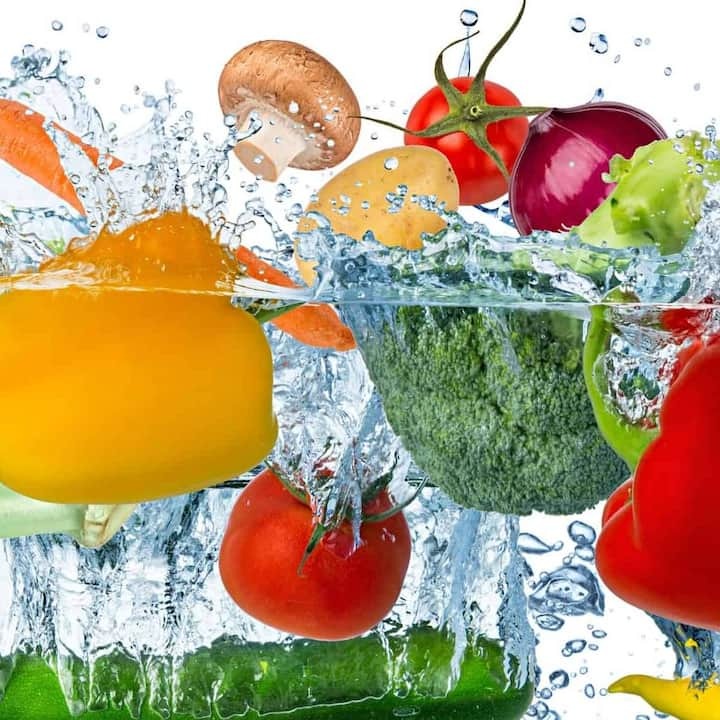
Actually, during monsoon, there is a risk of stomach upset due to food related mistakes. In this season, insects or dirt spread on vegetables. These insects or dirt enter our stomach in some way or the other and harm our health. Apart from this, pesticides are also used on them.
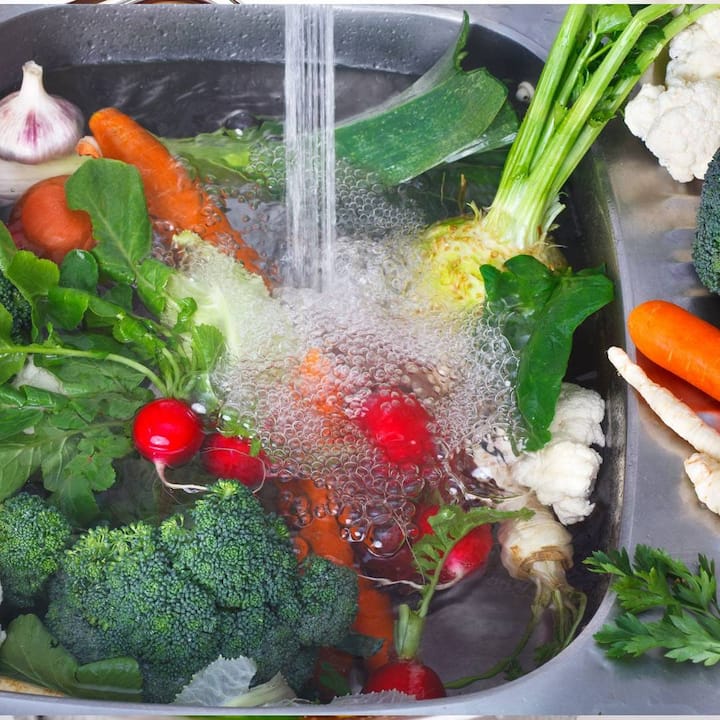
Therefore, it is important to clean some vegetables or food items properly in this season. Let us tell you how you can try these methods to clean vegetables or other food items available in the rain.
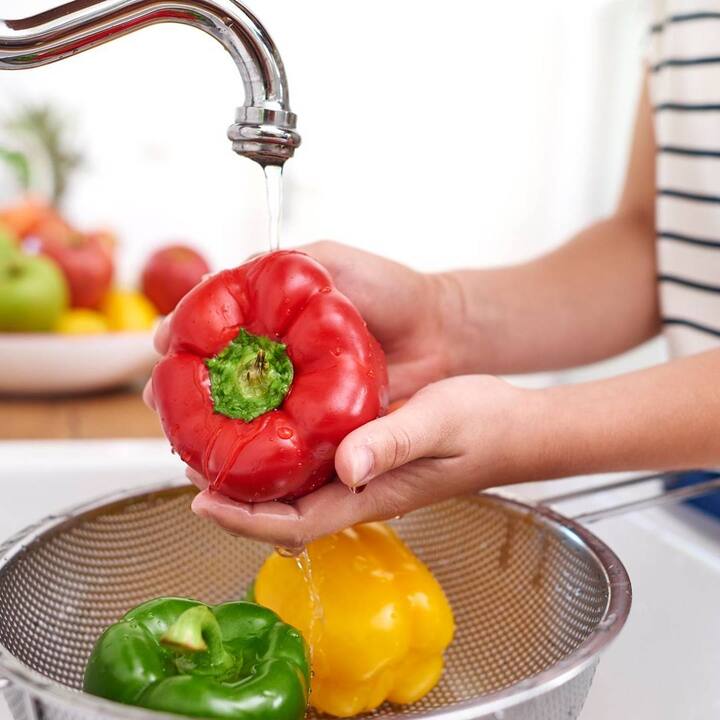
Soak vegetables in salt water to remove pesticides, dirt or insects. Keeping it in water for some time will remove the insects present in it. Apart from this, doing this also removes dirt to a great extent. Keep in mind that vegetables or other things have to be kept in salt water for only 10 to 15 minutes.
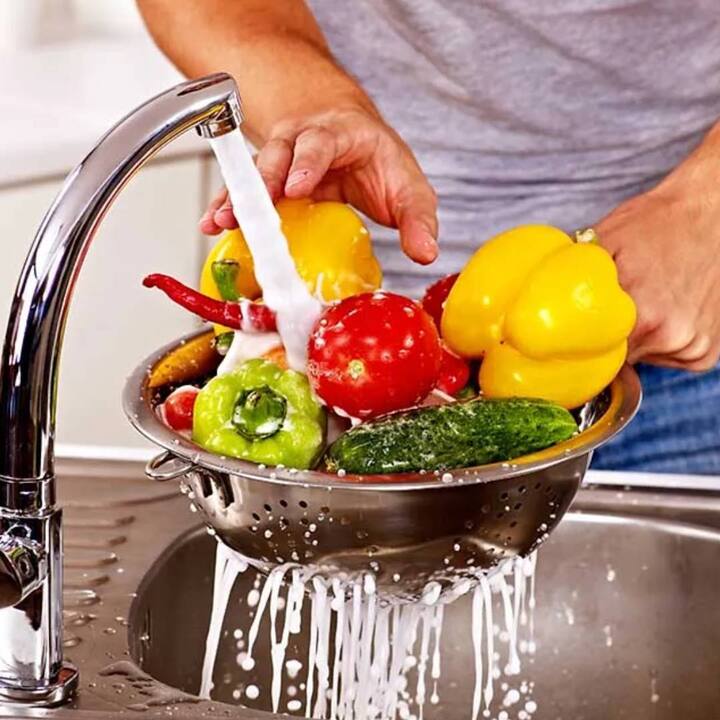
Often people bring vegetables or fruits from the market and keep them directly in the refrigerator. Instead, they should be washed thoroughly under a high-flow tap. Wash each vegetable separately. Doing this will remove dirt and insects quickly. A strong flow will clean these items thoroughly. Vegetables get stuck in the mud during rain, which also causes them to rot. So take care of the quality while buying them.
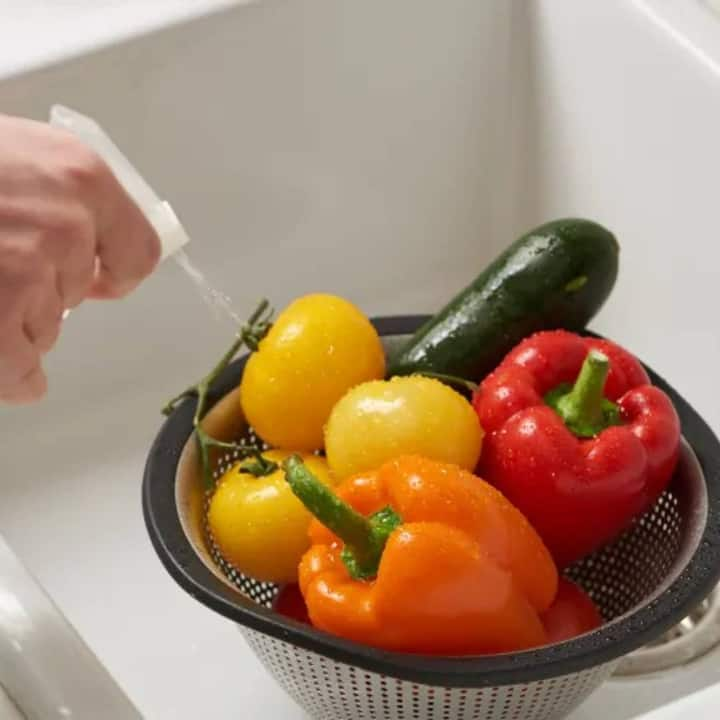
To remove dirty bacteria or dirt, make a vinegar solution in a large bowl. Prepare the solution by mixing three teaspoons of vinegar in water. You can also add salt to it if you want. – Now put fruits and vegetables in the prepared water and leave it for 10 to 15 minutes. You can also use bleach solution if you want. Use one teaspoon of bleach solution per gallon.
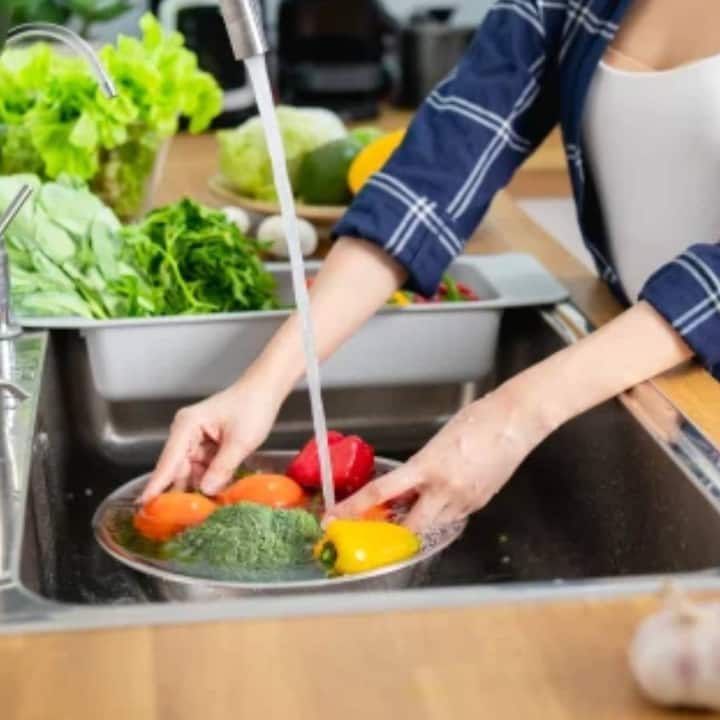
After washing vegetables with water or vinegar water, keep them on a cotton cloth. By doing this, the water on them will get cleaned. If you want, you can take the help of tissue or towel. Keeping things dry prevents them from spoiling quickly. Use containers or bags instead of keeping them in polythene in the fridge.
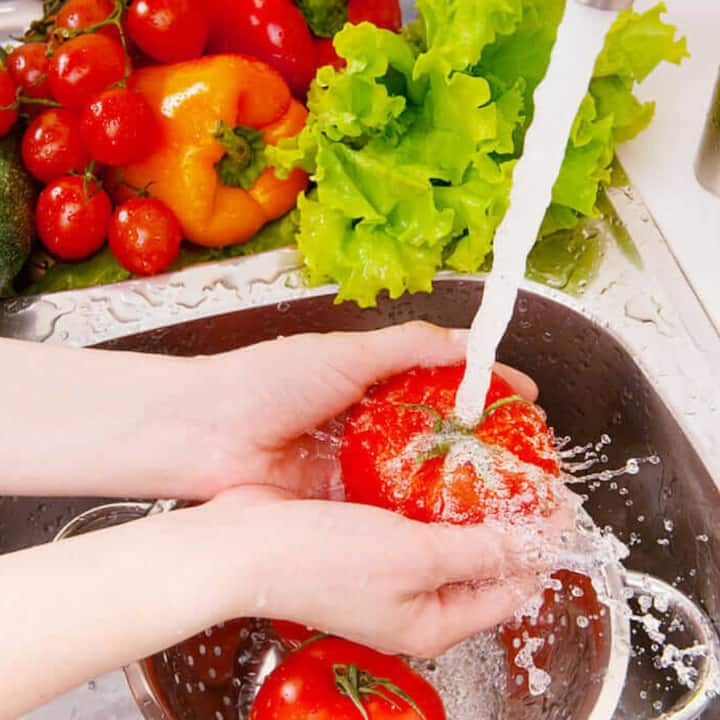
We should avoid buying some vegetables during monsoon. Most people know that eating spinach during the rainy season is harmful for the stomach but most people ignore green coriander. Coriander contains the most dirt and bad bacteria during the rains. This food flavoring agent should be washed at least twice before use.
 look news india
look news india